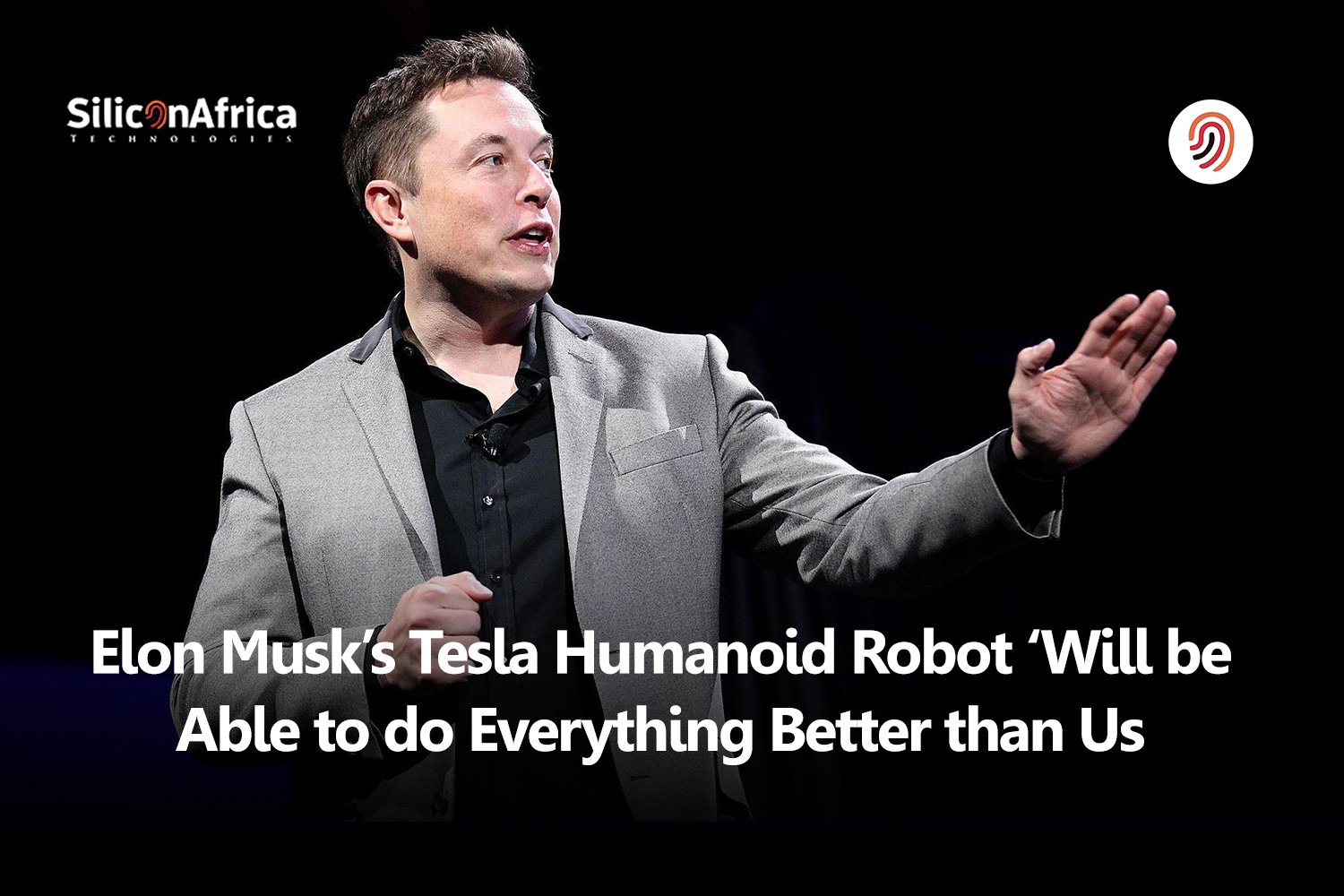Physical Address
60 Ekwema Cres, Layout 460281, Imo
Physical Address
60 Ekwema Cres, Layout 460281, Imo

Elon Musk, the visionary entrepreneur, has unveiled Tesla’s humanoid robot, Optimus, with the ambitious goal of surpassing human capabilities in various domains.
This groundbreaking project, first introduced at Tesla’s AI Day in 2021, has since evolved into a formidable contender in the realm of artificial intelligence and robotics.
Optimus, a bipedal autonomous humanoid, is designed to perform tasks that are unsafe, repetitive, or boring, thereby alleviating humans from mundane duties.
The robot’s development is a testament to Tesla’s commitment to pushing the boundaries of technology and innovation.
The Optimus prototype, initially unveiled in 2022, was met with mixed reactions from experts and the public alike.
While the robot’s design was not particularly innovative, it did demonstrate Tesla’s dedication to mass reproducibility and performance.
However, Tesla’s latest iteration, Optimus Gen 2, has shown significant improvements, including a 30% faster walking speed, 22-pound lighter weight, and new hands with tactile sensing on all fingers.
The robot’s upgraded capabilities have been demonstrated in videos, showcasing its ability to perform squats, boil eggs, and even dance.
Read More: Elon Musk Says South Africa ‘Doesn’t Make Sense for Tesla’
Elon Musk envisions Optimus as a game-changer, capable of transforming the global economy and the very concept of labor.
He believes that the humanoid robot could outnumber humans, leading to a fundamental shift in the way we perceive work and productivity.
Tesla’s website states that the company is hiring engineers to solve complex engineering challenges, such as balance, navigation, perception, and interaction with the physical world.
The company plans to use Optimus in its manufacturing operations, with the potential to expand its applications to various industries.
Despite the excitement surrounding Optimus, the project has faced criticism from experts and investors.
The robot’s initial prototype failed to impress AI experts and investors, who questioned its unique features and capabilities.
Moreover, Elon Musk’s timeline for bringing Optimus to market has been met with skepticism.
Walter Isaacson, Musk’s biographer, has noted that Musk is “always wrong” about the timeline of achieving his goals.
Beyond economic concerns, Optimus sparks ethical discussions. The prospect of autonomous robots with advanced capabilities raises questions about safety, control, and potential misuse.
Experts urge careful consideration of ethical frameworks and robust safety measures to ensure responsible development and deployment of such technology.
Elon Musk’s vision for Tesla’s humanoid robot, Optimus, is ambitious and transformative.
The project has the potential to revolutionize the global economy and the way we perceive work and productivity.
However, the robot’s development faces challenges and criticism, and its success remains uncertain.
As Tesla continues to refine Optimus, the world eagerly awaits the robot’s impact on the future of work and technology.